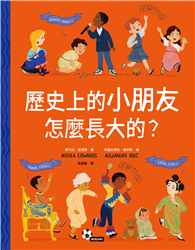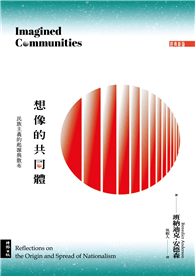This book aims to investigate the presence of the hygienist discourse for School Groups in the educational legislation of Rio Grande do Norte, in the period 1908-1925. To this end, we start from the hypothesis that the influence of the hygienist discourse in the legislation expresses a project of modernisation in society that is linked through the School Groups. As for the theoretical-methodological framework, we adopted Michel Foucault’s theorisations as an instrument for the research work, in order to analyse the discourse present in the educational legislation in the north of Rio Grande do Sul, considering an understanding of the relationship between discourse and power based on the regulatory nature of the legislation; and also the concepts of normalisation and biopolitics. The main sources were: Laws, Decrees, Reports, Government Messages, Regulations, Regiments and Teaching Programmes. In this way, we found that the discursive practice examined in the legislation in northern Rio Grande do Sul was a means of understanding the socio-political, historical and educational moment permeated by power relations that sought to use the school groups as hygienist devices.
| FindBook |
有 1 項符合
The Hygienist Discourse for School Groups的圖書 |
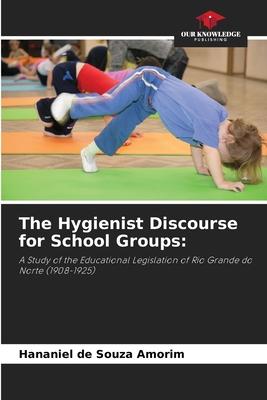 |
The Hygienist Discourse for School Groups 作者:Souza Amorim 出版社:Our Knowledge Publishing 出版日期:2024-04-28 語言:英文 規格:平裝 / 112頁 / 22.86 x 15.24 x 0.69 cm / 普通級/ 初版 |
| 圖書館借閱 |
| 國家圖書館 | 全國圖書書目資訊網 | 國立公共資訊圖書館 | 電子書服務平台 | MetaCat 跨館整合查詢 |
| 臺北市立圖書館 | 新北市立圖書館 | 基隆市公共圖書館 | 桃園市立圖書館 | 新竹縣公共圖書館 |
| 苗栗縣立圖書館 | 臺中市立圖書館 | 彰化縣公共圖書館 | 南投縣文化局 | 雲林縣公共圖書館 |
| 嘉義縣圖書館 | 臺南市立圖書館 | 高雄市立圖書館 | 屏東縣公共圖書館 | 宜蘭縣公共圖書館 |
| 花蓮縣文化局 | 臺東縣文化處 |
|
|
圖書介紹 - 資料來源:博客來 評分:
圖書名稱:The Hygienist Discourse for School Groups
|
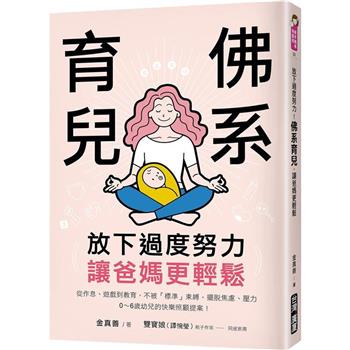


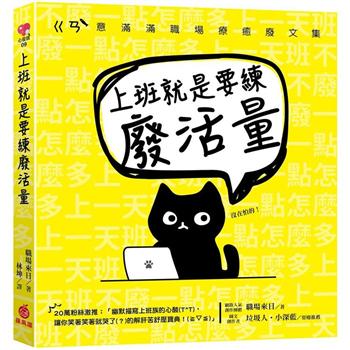

![塔木德:猶太人的致富聖經[修訂版]:1000多年來帶領猶太人快速累積財富的神祕經典 塔木德:猶太人的致富聖經[修訂版]:1000多年來帶領猶太人快速累積財富的神祕經典](https://media.taaze.tw/showLargeImage.html?sc=11100697818)



